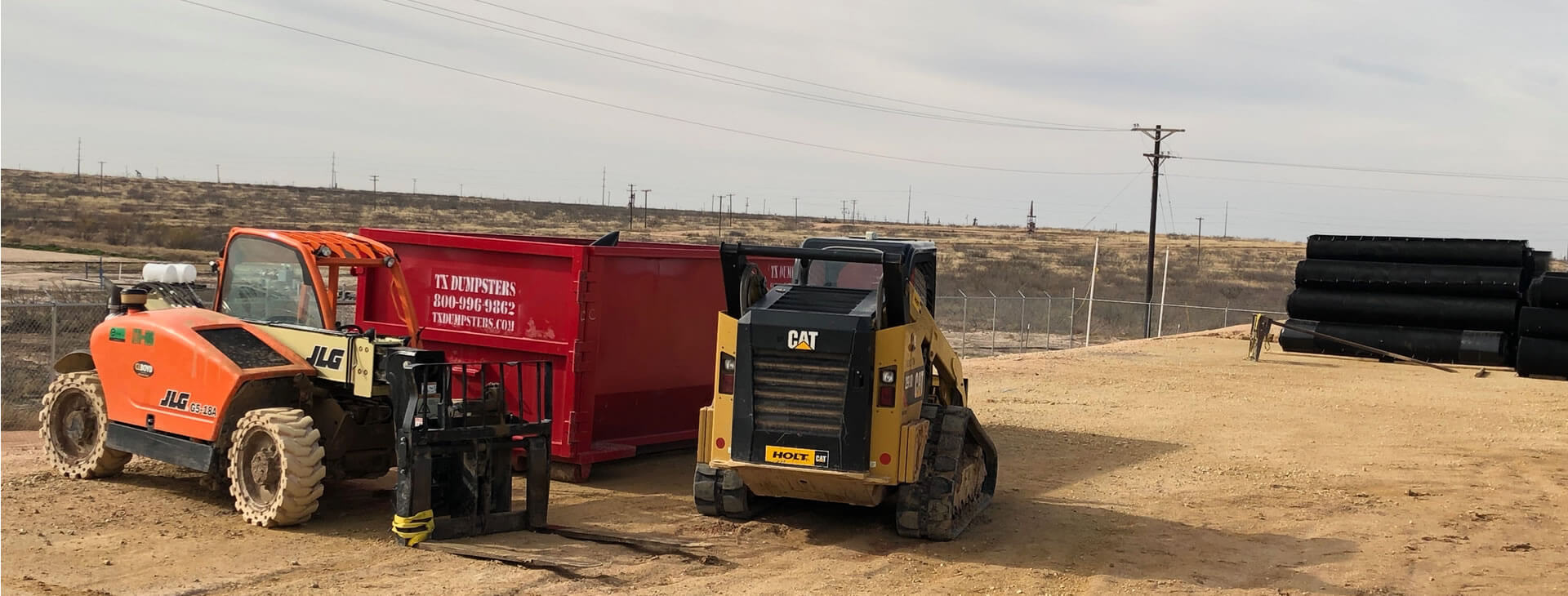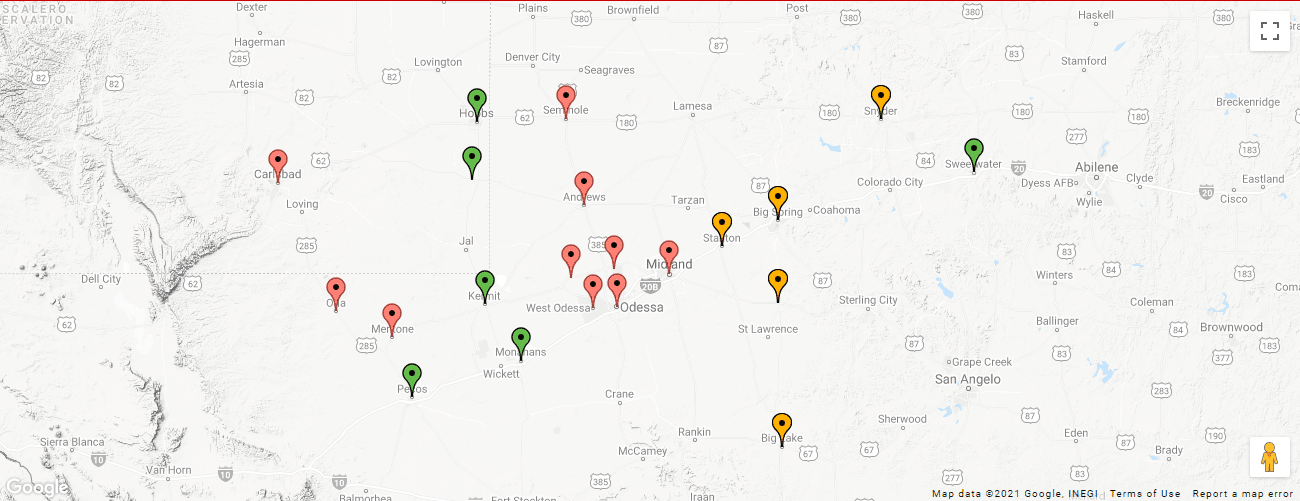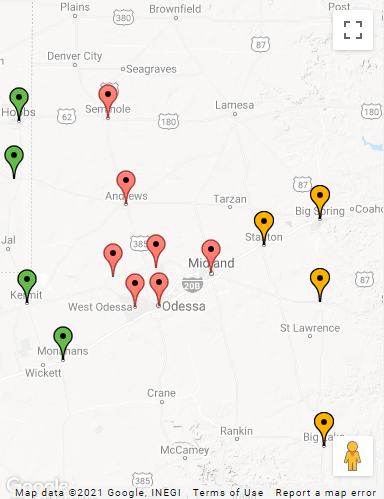With hundreds of millions of gallons of water used for every fracking operation, dry regions like the Permian basin must reduce, recycle, and reuse their water. Not only is it imperative to the profits and success of the operation as a whole, but water use (and misuse) will quickly get noticed by the public and local residents. These important aspects of wastewater management are discussed below.
Basics of Wastewater Management
The basics of wastewater management are simple: get as much use out of as little water as possible. To achieve these ends, extraction companies use a variety of methods which have been suggested by the EPA’s consultants.
However, one of the most crucial elements of wastewater management is water storage. In order to effectively recycle flowback from fracking, multiple frac ponds must be built and maintained. Up to 80% of the pumped water may end up as flowback or produced water, so the frac ponds must be of a similar size. However, once this system is established, the flowback and produced water can be mixed and recycled with the remaining freshwater. This process can save millions of gallons of water, and potentially a lot of money.
Profit and Wastewater Management
Water in Texas is not a free commodity, and it is only set to get more expensive. Not only do companies have to pay for the water they use, but they will also need to pay for it to be transported and disposed of. By decreasing the number of gallons used, the budget is being slashed in several areas. Disposal fees will be reduced, as the number of trucks needed to drain the load will also decrease.
Further, a large number of environmental complaints come from the mismanagement of wastewater and water in general. While some of these concerns are more valid than others, the most damaging ones can come in the form of litigation initiated over environmental concerns. All aspects of water use in fracking are monitored closely, from the construction of the frac pond to the day the pit liner removal happens.
Environmental Aspect
Besides the possibility of saving money and water, wastewater management is essential to protecting the environment. Frac ponds and containment pods provide the necessary means to prevent potentially dangerous chemicals from entering the soil or water.
Some of the chemicals used in fracking, such as biocides, are used specifically for the purpose of killing microbial life within the fracking fluid. If these chemicals were to leach into the environment, they could cause untold harm to the ecosystem, as well as human sources of food and water. The EPA has already fielded several large complaints about fracking and water pollution.
Companies that want to get ahead of this negative stigma instead focus of sound wastewater management principles. They line their frac pits with the proper liners, in a double layer if necessary. Any produced water is stored, and recycled, from these pits. The pits can also serve as a form of secondary containment, catching any spilled or leaking chemicals from the wellsite operation. At the decommissioning of the wellsite, the wastewater is hauled off, and the pits are reclaimed.
This is a difficult and meticulous process, which can be carried out by companies like West Texas Dumpsters.
Order Now
Ready to get started? Call us at (432) 614-5241 for any questions you may have.



